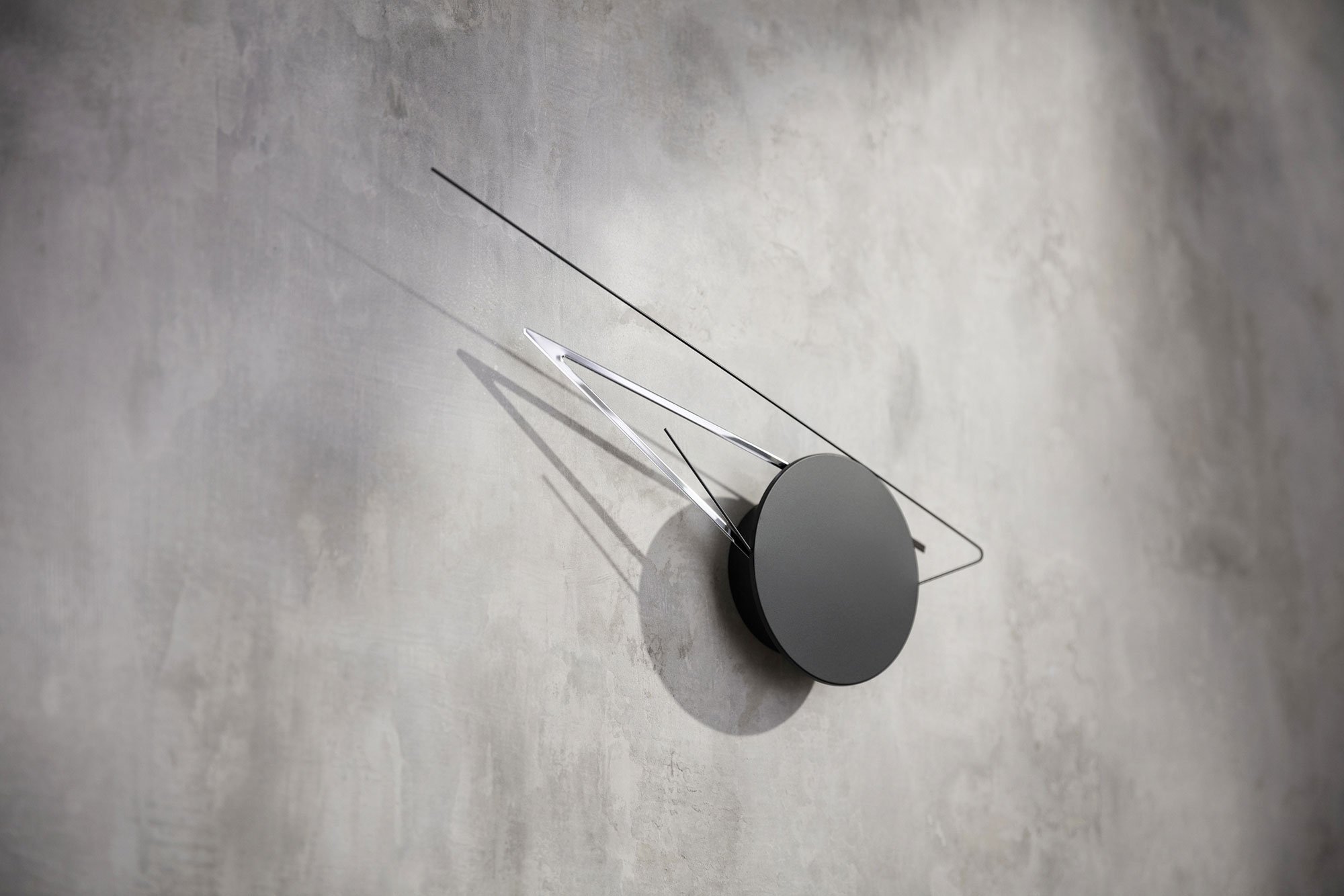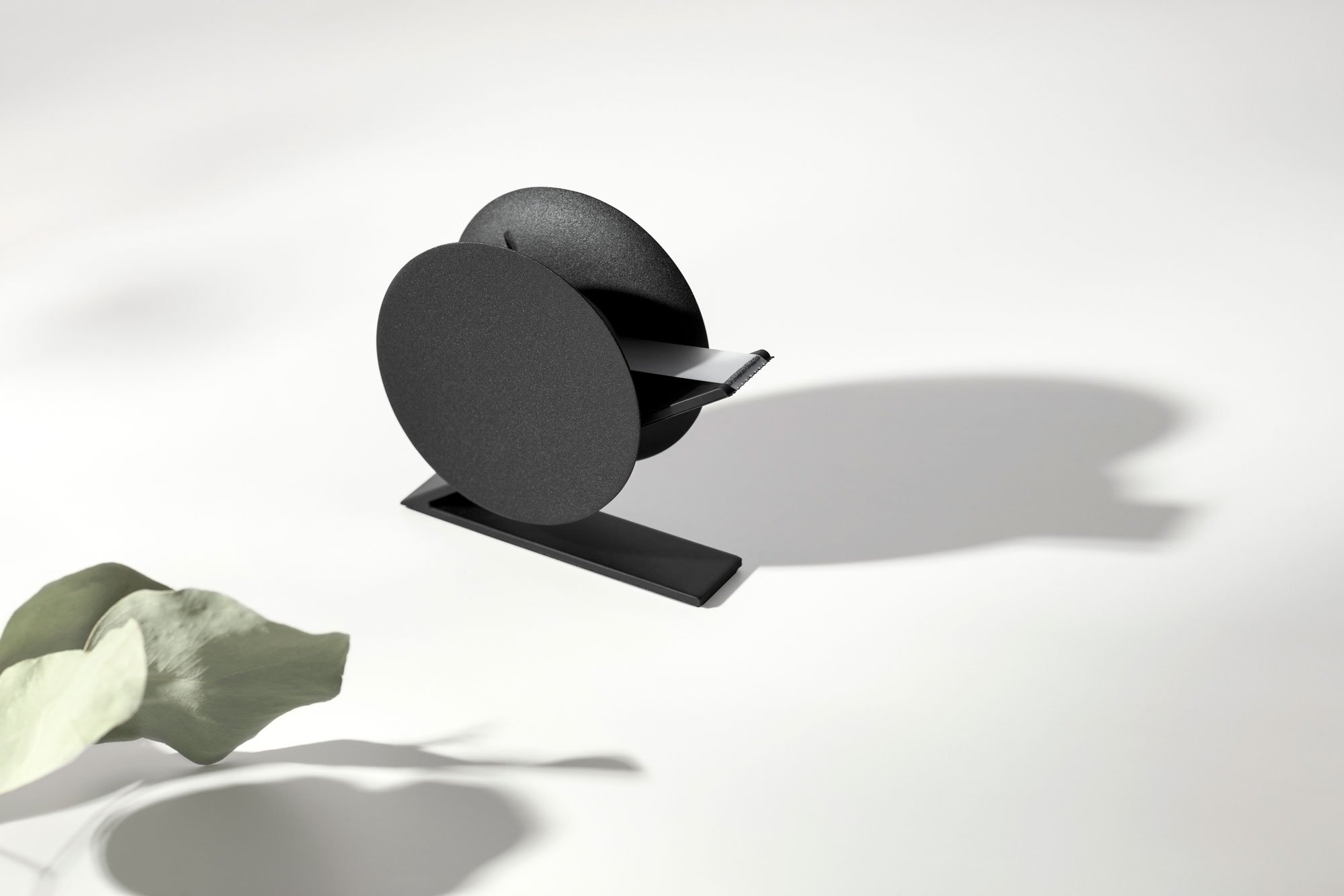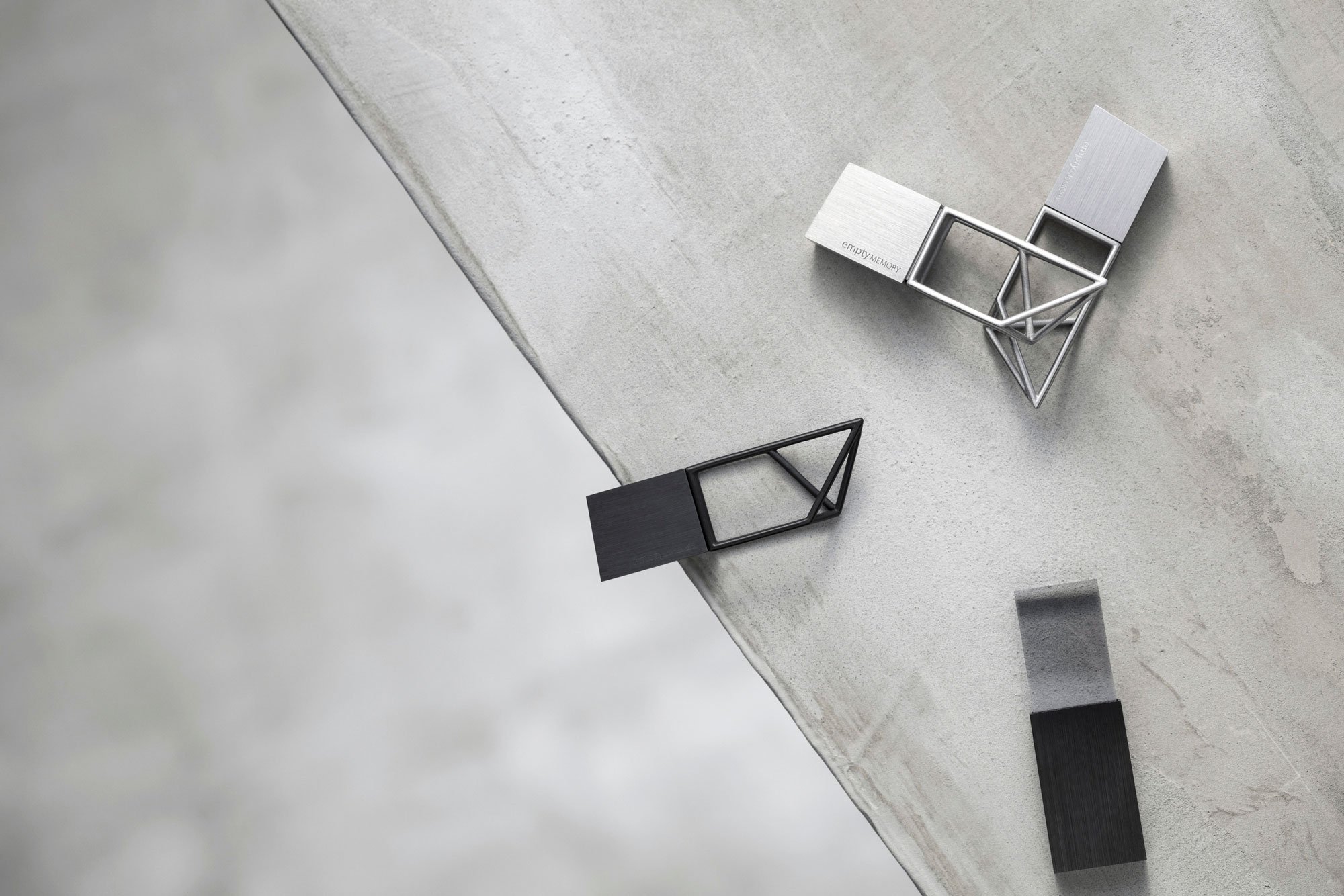‘We write poetry with objects’ is a strapline used by London-based Poetic Lab, the words imaginatively expressing the creative approach of this young, up-and-coming design studio. Founded by Taiwanese designer Hanhsi Chen in 2013—then a fresh graduate from London’s famed Royal College of Art—Poetic Lab tells a tale of design through its range of aesthetic and punctiliously expressed objects.
In a relatively short time span, Hanhsi Chen and Poetic Lab have enjoyed recognition by many international design publications, alongside a number of industry awards. Creating an outlet for smaller, innovative designs, Chen established Poetic Lab’s own design label in 2014—Beyond Object.
A design-led venture, Beyond Object focuses on minimal, elegant and functional desktop items and home accessories: the sharp Silo Clock and polished Cantili tape dispenser are two notable standouts. Adding furniture and lighting design to the mix, Chen’s carefully crafted objects articulate a sense of quiet poetry in material form.
Gessato gets behind the design with Hanhsi Chen.
In a sentence, how would you describe yourself?
A logical dreamer.
Tell me about the name ‘Poetic Lab’—how did it come about?
It was 2012 in Paris, in a small Airbnb apartment. I needed to come up with a name in order to attend SaloneSatellite at the Salone del Mobile in 2013. At that time I was involved in multiple projects where the design processes were very experimental—in a way I felt like I was working in a lab instead of a studio. The unique part of that ‘lab’ was in its aim to create poetic experiences and sensations. I think these two words just struck me and it was the birth of Poetic Lab.
In what way—if any—does your Taiwanese heritage inform and influence your design aesthetic?
I think its influence is at a deeper, inner level. I grew up in a environment where design and refined objects were not commonplace in daily life. In many ways, things are raw and the beauty of my heritage is yet to be discovered. I guess this gives me the freedom and desire to think without any boundaries; to make bold changes and dare to imagine the ‘what if…’
What makes a good designer?
The most important quality of a good designer is the ability to imagine beyond boundaries and restraints, where others cannot. After that, you will need the ability to balance the many different aspects of a project, and to see it through to make sure it is not compromised—or at least not compromised too much.
Your design label ‘Beyond Object’ has a focus on crafting minimal desktop objects and home accessories. In a crowded design marketplace for such items, how do you seek to stand out?
The design marketplace is crowded but unexplored territories still remain. Take our Empty Memory USB key collection for example: it came out five years ago and still holds its position in the market. It’s a uniquely designed USB key for a very specific niche market.
I think it is still rare to find well-crafted, innovative designs out there in the market. Our job is to make sure that each of Beyond Object’s designs have the character and charm that enables them to stand out on their own.
I find the Bamboo Forest collection especially pleasing and intriguing. How did you imagine this collection and what’s happening with it today?
In the beginning we imagined this collection could somehow be batch produced and we’ve worked alongside a big furniture brand to move towards production. However, there is a gap between the natural bamboo material and the industrial production process. For now, the original version remains at the stage of having bespoke pieces made. But we are working on an alteration to the Bamboo Forest collection and hopefully we can bring it to the next stage soon.
You work with a number of design materials. Do you have a particular favourite—one that you find especially appealing and intriguing?
Every material has its own charm, and as such I wouldn’t say I have a particular favourite. That being said, we were recently involved in a project using marble and I find it fascinating that our design forms a beautiful dialog with the material itself. You cannot control marble—instead you have to feel it and reveal its inner beauty. I think that is the charm of natural materials.
You work with a range of clients across a number of disciplines: art direction, design and consulting. With this wide remit, what are some of the challenges that you face?
Because we operate simultaneously as a studio and a brand, we find the biggest challenge is really time management. It’s about how we multitask through all kinds of things and still maintain a clear vision of our direction.
What is your future vision for Poetic Lab?
In the past two years we’ve really devoted the majority of our focus to our design label Beyond Object. It is a bit like laying the foundation for a building, where a lot of infrastructure work has to be completed. I can see we are halfway there, and so I imagine that in the next 2–3 years our focus will remain with Beyond Object.
The way I see Beyond Object is as a platform to bring our design practice closer to the market. It’s where we strike the fine balance between design experimentation and commercial feasibility.
Tell me what you are curious about—what are you keen to know or learn?
I’m curious about the things I don’t know and I keep learning along the way. This is especially the case now, when my role is not just about design and the creative side, but also about the management of a brand. Recently, I’ve been studying and testing a series of tools that will help us streamline the internal workflow, making sure our small team becomes much more productive. I find this challenging—it requires some creative thinking in order to design the working process. However, the benefit to the team is that in the end we can spend more time working creatively.





